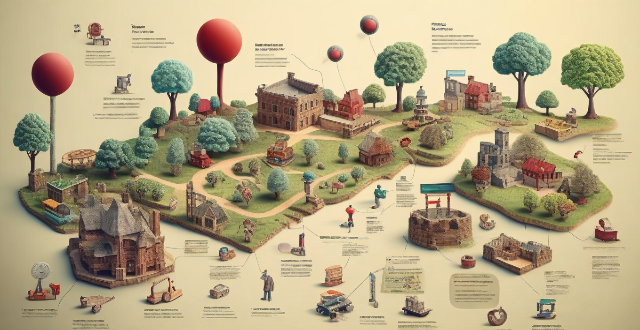Educational games have become popular for engaging students and making learning enjoyable. Successful examples include Minecraft: Education Edition, Kahoot!, Osmo Genius Kit, and CodeCombat. These games are effective due to their engagement, adaptability, immediate feedback, collaboration, and real-world application. Incorporating these elements can create a more enjoyable and effective learning experience.

Successful Educational Games
Educational games have become increasingly popular in recent years as a way to engage students and make learning more enjoyable. Some examples of successful educational games include:
- Minecraft: Education Edition - This game allows students to build and explore virtual worlds while learning about various subjects such as math, science, and history.
- Kahoot! - A game-based learning platform that enables teachers to create quizzes and surveys for their students. It encourages competition and collaboration among students.
- Osmo Genius Kit - This game combines physical toys with an iPad app to teach children math, spelling, and problem-solving skills.
- CodeCombat - A game that teaches children how to code by completing challenges and solving puzzles.
What Makes These Games Effective?
Several factors contribute to the effectiveness of these educational games:
1. Engagement - These games are designed to be fun and interactive, which helps keep students engaged and motivated to learn.
2. Adaptability - Many educational games can be adapted to suit different age levels and skill sets, making them suitable for a wide range of students.
3. Immediate Feedback - Games often provide immediate feedback on student performance, allowing teachers to identify areas where additional support may be needed.
4. Collaboration - Many educational games encourage collaboration among students, promoting teamwork and communication skills.
5. Real-world Application - Some educational games allow students to apply what they've learned in real-world scenarios, reinforcing their understanding of the subject matter.
In conclusion, successful educational games are those that engage students, adapt to their needs, provide immediate feedback, promote collaboration, and offer real-world applications. By incorporating these elements into educational games, educators can create a more enjoyable and effective learning experience for their students.